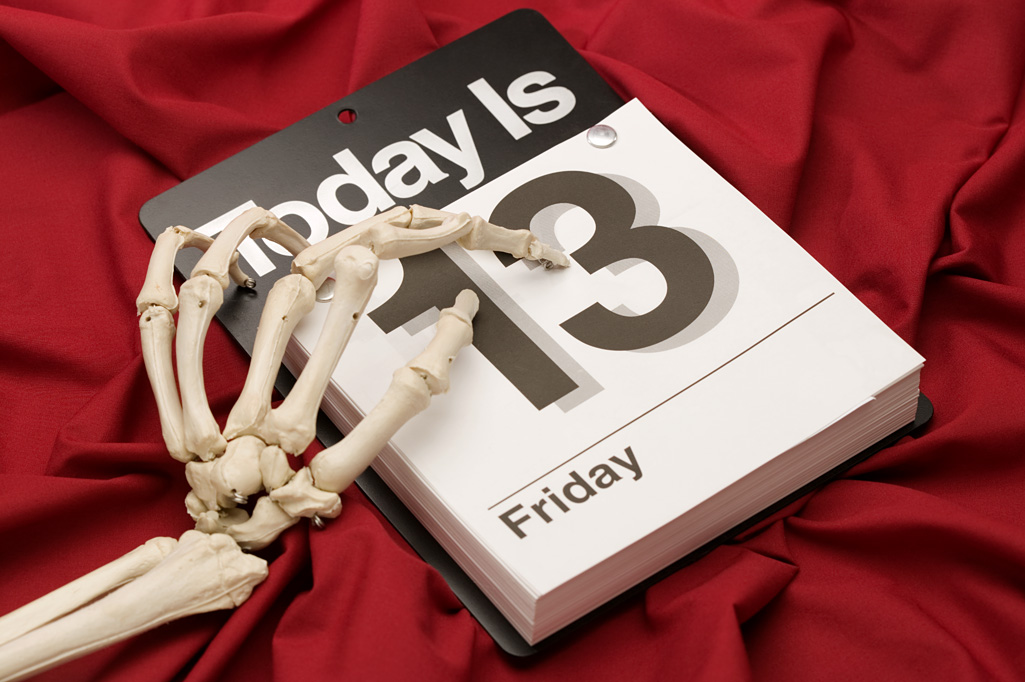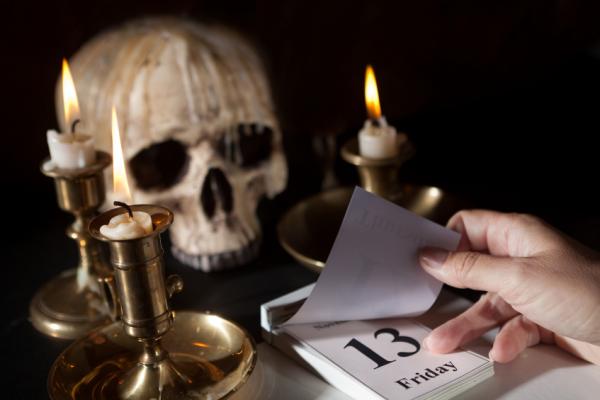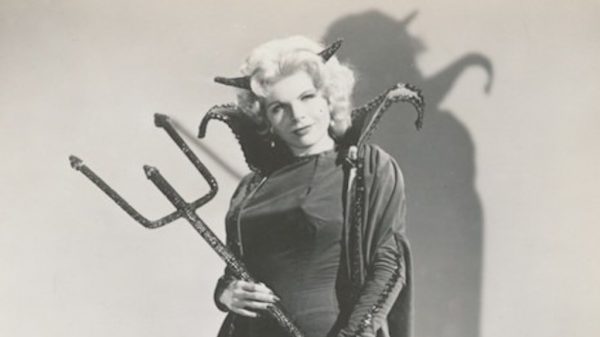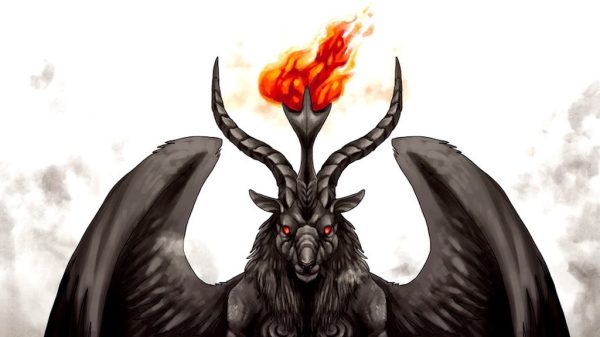When the devil comes to town, our precious but stagnant order tolls twelve times until a shocking thirteenth resounds and chaos ensues. The Devil in the belfry then dances and plays his fiddle amidst the horror of uncertainty, one of mankind’s greatest fears. Such was the scene in Poe’s nineteenth century tale The Devil In the Belfry. Why this horror of a mere number? I could give you thirteen answers, and all would be as uncertain as the dread this number inspires.
One answer lies in its predecessor, the favored number 12, a digit traditionally seen as the number of completeness. There are twelve months, twelve signs of the zodiac, twelve Olympic gods, twelve disciples – in short, twelve has positive, whole associations in our culture and has for some time. What happens when another number is added? Uncertainty and confusion, perhaps even death.
The notion may seem extreme, but legend has it that Judas was the thirteenth guest to arrive at the last Supper, just as Loki, the trickster god, was the thirteenth to arrive at a feast for the Norse gods. Judas betrayed Jesus, who was executed the next day, a Friday. Loki, on the other hand, did the deed himself and killed the honored guest Balder at the dinner party.
Stories like this give any hostess food for thought when composing a guest list – no one with any sense of decorum has thirteen guests at a table. This superstition persisted well into the twentieth century, even after the infamous Thirteen Club challenged the custom head-on. These brave souls met on the thirteenth of every month and sat thirteen to a table. At any gathering, the decor might consist of opened umbrellas, spilled salt, black cat silhouettes, and broken mirrors.
Members clearly weren’t bothered by the notorious number though they knew a coven consisted of twelve plus one, the Devil himself, that a baker’s dozen was first initiated by a witch who threatened to curse a baker if he didn’t give her an extra cookie, that the thirteenth card in any tarot deck is Death. Perhaps they knew that tarot’s death needn’t be negative; with this death comes new beginnings, the shedding of things that no longer serve.
Thus thirteen isn’t always the bringer of doom and gloom. Many have embraced it as their lucky number, some for the sole purpose of spite and rebellion – the Devil would be so proud. One might even say he made his musical debut on Friday the thirteenth, when Black Sabbath released their legendary first album. Whatever the case, our obsession with numbers , dates, and time may well be our undoing.
And so, we are back to clocks. In Danzig, there is a famous timepiece that tolls once at noon for each of the eleven disciples and Christ as they pass over the front of the clock. Judas, who makes thirteen, doesn’t receive notice for another hour when the clock strikes thirteen times. Poe’s Devil must be in that tower as well.
















